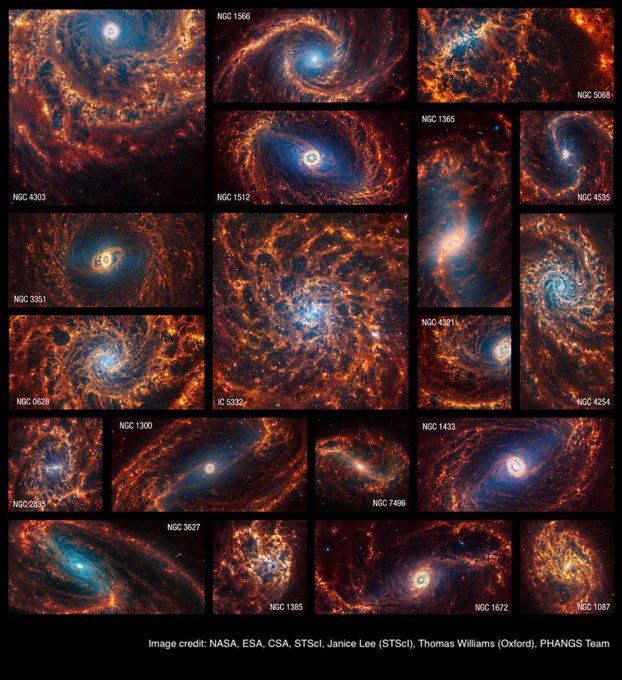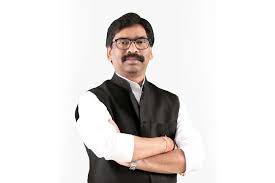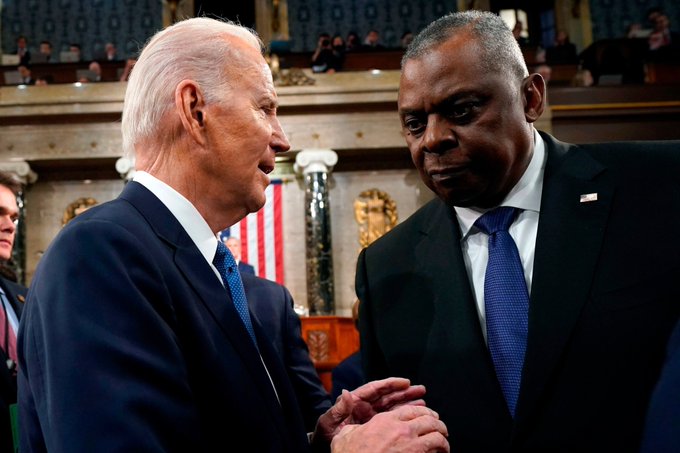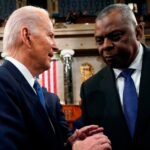India Prepares for Ram Temple Inauguration Amidst Frenzy and Fear

India is gearing up for the inauguration of the Ram temple in Ayodhya, with celebrations taking place across the country. However, amidst the excitement, there is also anxiety and pain for those who remember the violence that occurred during the temple’s construction. The stock market will be closed, and movie theaters will show the inauguration live. Trucks carrying grains from Yavatmal district are being sent to Ayodhya to feed the devotees attending the ceremony. The Vishwa Hindu Parishad (VHP) is operating these trucks to encourage farmers to participate and feel involved in the celebrations.
The movement to build the Ram temple has a troubled past, marked by violence and contestation. Thousands of people lost their lives during the agitation demanding a temple in the early 1990s. However, the focus now is on popular culture acts and symbols that ignore this troubled history. Social media, music platforms, TV shows, and news channels are all filled with references to the temple’s inauguration. Even India’s largest domestic airline, Indigo, had its cabin crew dress up as Ram, Sita, and Lakshman on their inaugural flight to Ayodhya.
#WATCH | Uttar Pradesh | Ram Temple in Ayodhya illuminated with decorative lights ahead of the pranpratishtha. Bhajans fill the air in the city as the ceremony remains just two days away. pic.twitter.com/MBV88sjUYP
— ANI (@ANI) January 20, 2024
Prime Minister Narendra Modi has been actively promoting these celebrations. He has tweeted out songs praising Ram and created a playlist of such songs that he shared on social media. High-profile singers have also released songs related to the event, with many featuring visuals of Modi. However, this euphoria around the temple’s inauguration overlooks the bloodshed that occurred in the past.
Author Nilanjan Mukhopadhyay compares the present celebrations to the tragedies surrounding India’s partition in 1947. While Hindus celebrate, some Muslims express fear and are cautious about traveling on January 22. Some pregnant women have even requested their deliveries to be scheduled around the inauguration. The Bar Council of India has called for courts across the country to be closed on that day, and the stock market will remain shut as well.
Many believe that these celebrations are aimed at India’s young population, who were born after the violence and may not be aware of the temple’s history. Religion has become a part of popular culture, with songs, dances, and films incorporating religious elements. The government has also taken steps to promote the event, including running special programs on state broadcaster Doordarshan. Some regional governments have declared a public holiday and even banned the sale of liquor on the day of the inauguration.
For Muslims like Abdul Wahid Shaikh, these celebrations are a painful reminder of the violence and curfews they experienced after the Babri Mosque was demolished. Many Muslims are considering staying home on January 22 to avoid any provocations from Hindu nationalists. The fear and pain of the past continue to haunt them.







Leave a Reply